
Find A Professional
More Items From Ergsy search
-

What types of ISAs can I use for investments?
Relevance: 100%
-

Can I invest in foreign stocks with an ISA?
Relevance: 95%
-

What is an ISA?
Relevance: 92%
-
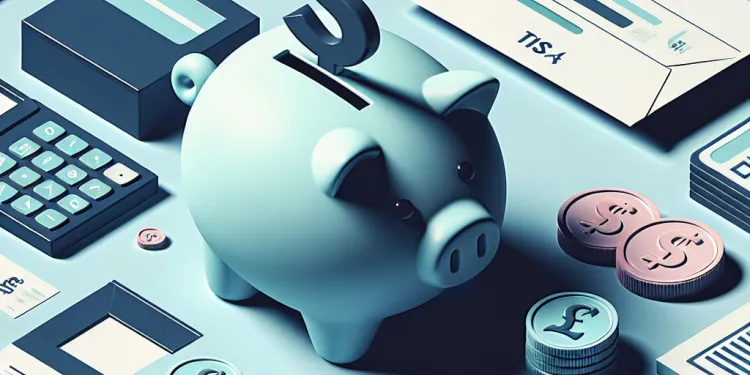
Do I need to declare my ISA income on my tax return?
Relevance: 88%
-
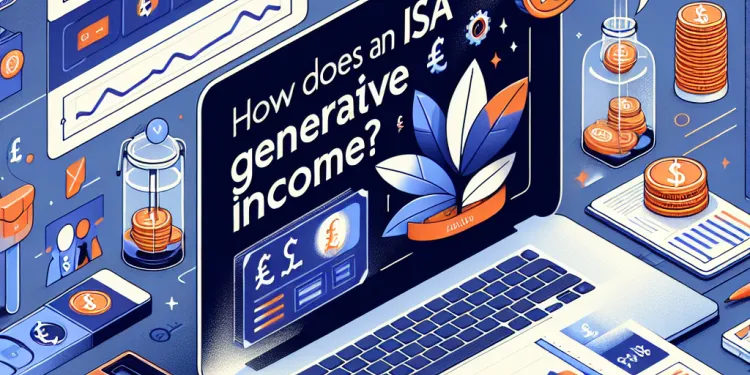
How does an ISA generate passive income?
Relevance: 85%
-
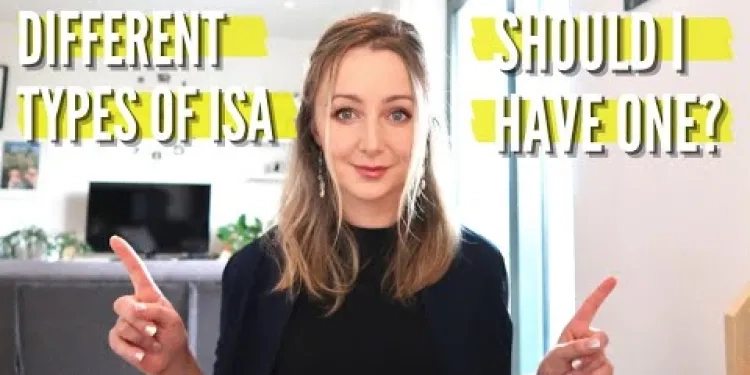
What Is An ISA UK (Should I have an ISA & Different Types Of ISAs)
Relevance: 82%
-
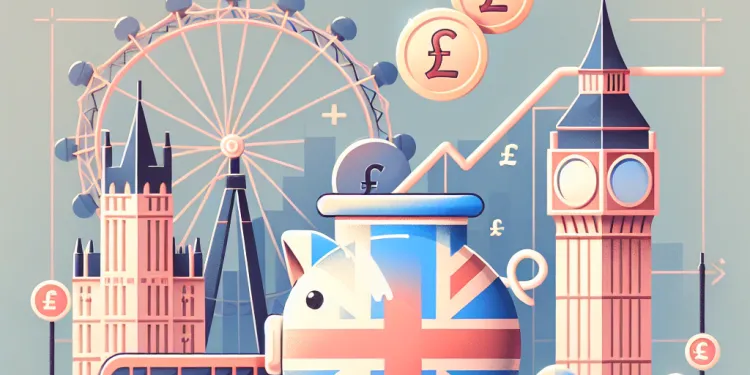
How much would I need in an ISA to generate £2,000 monthly?
Relevance: 77%
-

Saving for the Future: The Best ISAs to Consider Right Now
Relevance: 74%
-

What is a realistic rate of return for an investment ISA?
Relevance: 71%
-

Can I withdraw money from my ISA any time?
Relevance: 70%
-
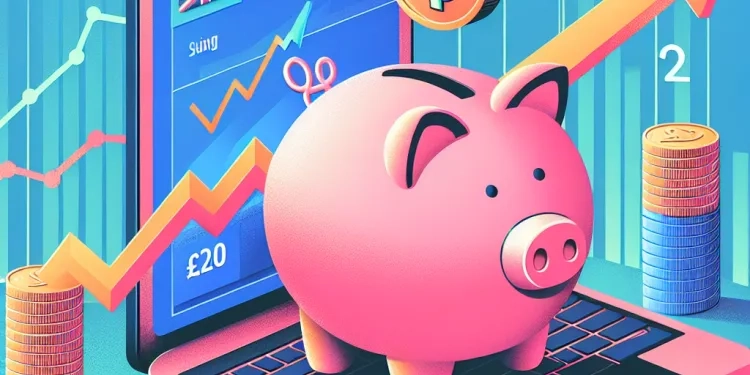
How much would I need in an ISA for a £2k monthly passive income?
Relevance: 69%
-

Can I transfer my ISA between providers?
Relevance: 66%
-
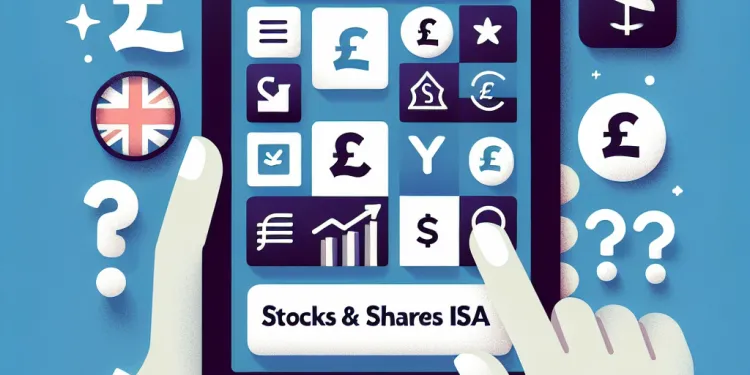
Are there fees associated with Stocks & Shares ISAs?
Relevance: 63%
-

Do online banks offer investment options?
Relevance: 61%
-
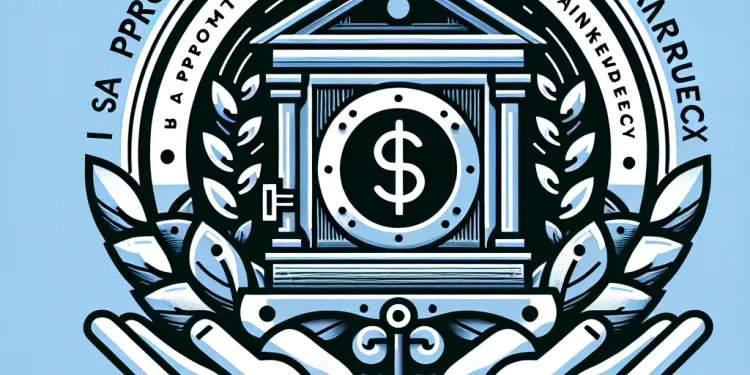
Is my ISA protected if my provider goes bankrupt?
Relevance: 60%
-
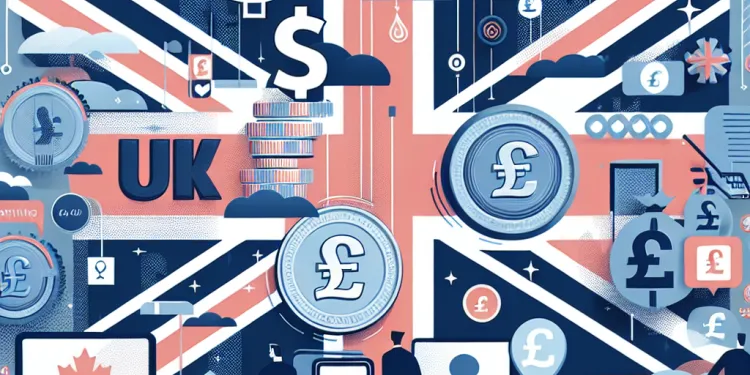
Can I have multiple ISAs?
Relevance: 53%
-
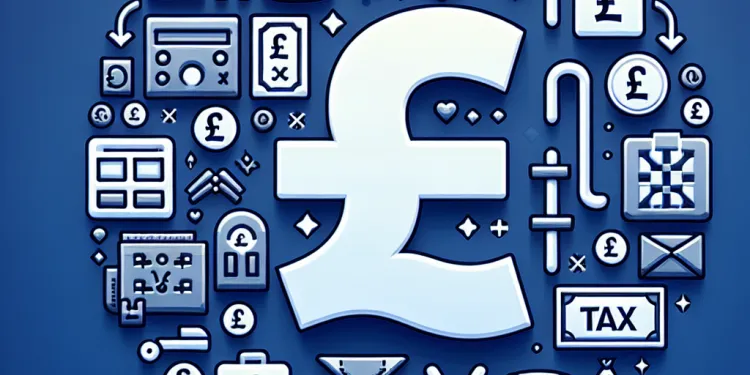
How are dividends in an ISA taxed?
Relevance: 52%
-

What happens if I exceed the ISA contribution limit?
Relevance: 50%
-

Are there grants specifically for individuals with disabilities?
Relevance: 48%
-

Can UK citizens work in France or Spain without a visa?
Relevance: 42%
-

What is a learning disability?
Relevance: 38%
-
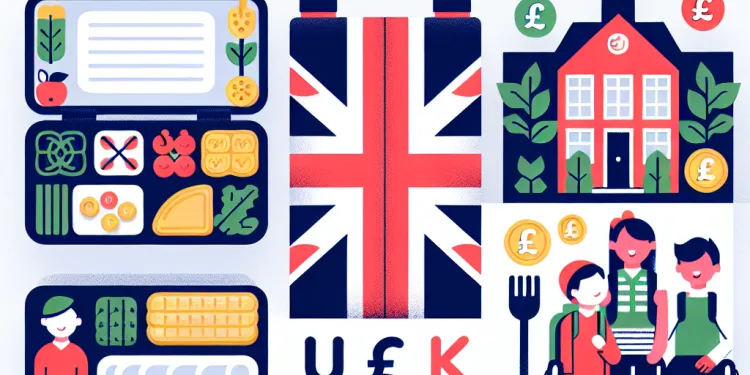
Can children with disabilities access school meals?
Relevance: 34%
-

Helping someone with multiple diabilities
Relevance: 34%
-
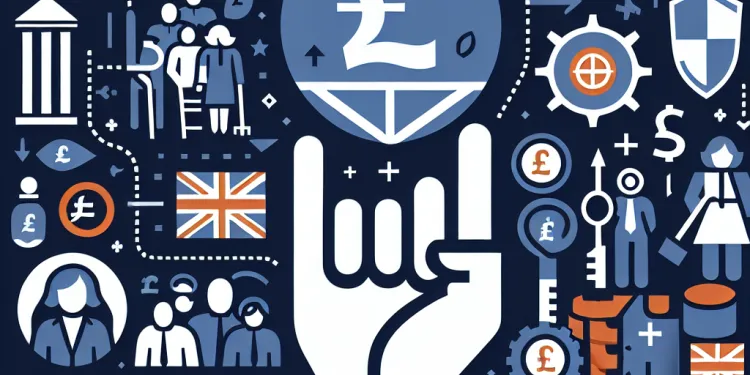
Can pension scheme members influence how their pension is managed?
Relevance: 33%
-

Crypto Scams Exposed - Protect Your Investments Now!
Relevance: 30%
-

Pension UK | SIPPs Explained | Who Are The Best Providers
Relevance: 29%
-

Can UK citizens travel to Spain without a visa?
Relevance: 29%
-

Do UK citizens need a visa to travel to France?
Relevance: 28%
-

The NHS Long Term Plan for learning disability and autism
Relevance: 28%
-
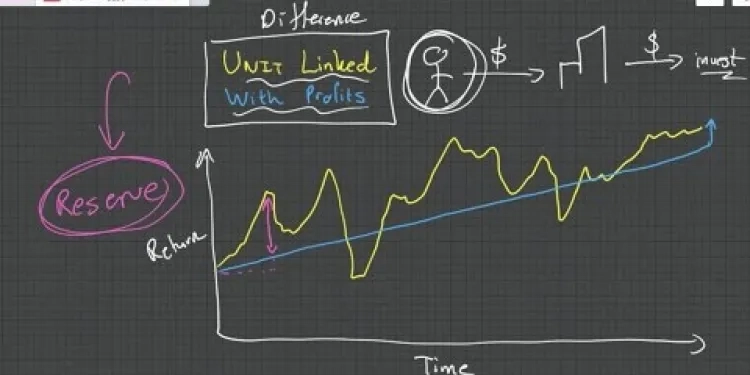
Life Insurance Difference between Unit Linked and With Profit Policies
Relevance: 28%
-

What are the entry requirements for the rest of the Schengen Area?
Relevance: 25%
-

Use of reasonable adjustments to reduce health inequalities for people with a learning disability
Relevance: 24%
-

What Happens To Investments and Pensions | Moving Abroad | Leaving the UK
Relevance: 23%
-

How will refunds affect investments towards improving water infrastructure?
Relevance: 22%
-

Flu vaccinations for people with a learning disability
Relevance: 22%
-

What does SEND stand for?
Relevance: 21%
-
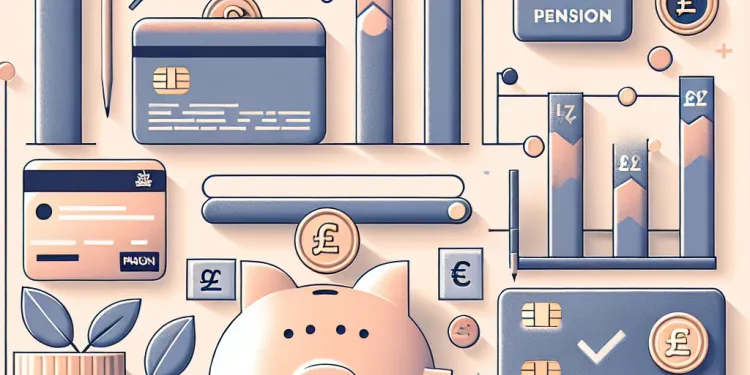
What is a defined contribution pension scheme?
Relevance: 21%
-

How can individuals protect their retirement savings?
Relevance: 21%
-

Accessing cervical screening with the right support for people with a learning disability
Relevance: 21%
-

What are the risks associated with cryptocurrencies?
Relevance: 21%
Understanding ISAs for Investments
Individual Savings Accounts (ISAs) are a popular way for UK residents to invest their money tax-efficiently. There are several types of ISAs available, each with its own features and benefits. This guide will help you understand the different types of ISAs you can use for investments.
Cash ISAs
Cash ISAs are suitable for individuals who prefer low-risk investments. They work similarly to regular savings accounts but have the added benefit of allowing interest to grow tax-free. With various options such as instant access, fixed rate, or regular saver accounts, Cash ISAs offer flexibility depending on one’s savings goals. However, given the low interest rates, the potential returns are generally modest.
Stocks and Shares ISAs
Stocks and Shares ISAs, also known as Investment ISAs, are an excellent option for those looking to invest in stocks, bonds, mutual funds, or other types of financial instruments. The gains and income from these investments are tax-free, providing a considerable advantage. While this type of ISA typically offers higher returns compared to Cash ISAs, it also comes with greater risk due to the nature of the stock market.
Innovative Finance ISAs
Innovative Finance ISAs allow individuals to invest in peer-to-peer lending and crowd funding ventures. Returns from these investments are not subject to tax, although they come with a higher risk as they involve lending to individuals or businesses without the safety net of the Financial Services Compensation Scheme. Suitable for individuals knowledgeable about peer-to-peer lending, these ISAs offer potentially higher returns than traditional savings accounts.
Lifetime ISAs
Designed to encourage younger people to save for their first home or retirement, Lifetime ISAs are available to individuals aged between 18 and 39. The government provides a 25% bonus on contributions each year, up to a specified limit. While funds can be invested in either Cash or Stocks and Shares Lifetime ISAs, withdrawals before the age of 60 (unless for a first home purchase) incur a penalty.
Junior ISAs
Junior ISAs are designed for saving on behalf of children under 18. Parents or guardians can open either Cash or Stocks and Shares Junior ISAs to save or invest tax-efficiently for their child's future. These accounts allow for a contribution up to an annual limit, providing a valuable opportunity to build a financial nest egg for the child's education or future expenses.
Conclusion
Choosing the right ISA depends largely on your financial goals, risk tolerance, and investment knowledge. Whether you prefer the stability of Cash ISAs, the potential growth of Stocks and Shares ISAs, or the innovative platforms of Innovative Finance ISAs, UK residents have an array of options for making tax-efficient investments. Consider your objectives and consult with a financial advisor if needed to optimize your ISA investments.
Understanding ISAs for Investments
ISAs help people in the UK save money without paying much tax. There are different kinds of ISAs, and each one works a bit differently. This guide will help you learn about the different ISAs you can use to save and invest your money.
Cash ISAs
Cash ISAs are good if you want a safe place to save money. They work like normal savings accounts, but the money you earn in interest is not taxed. You can choose different types of Cash ISAs, like ones you can access immediately or ones with a fixed time lock. The interest is often low, so you won't earn too much extra money.
Stocks and Shares ISAs
Stocks and Shares ISAs let you invest in things like company shares and bonds. The money you make from these is not taxed. This can help you make more money over time. But, investing in stocks is riskier than saving money in a Cash ISA. There’s a chance you could lose some money.
Innovative Finance ISAs
Innovative Finance ISAs are for investing in things like peer-to-peer lending. This means you lend money to people or businesses. The money you earn is not taxed, but these investments are riskier. There isn’t a safety net if things go wrong, so you should understand this type of investing well.
Lifetime ISAs
Lifetime ISAs are for young people saving to buy a house or for when they are older. If you are aged 18 to 39, the government adds 25% to what you save each year up to a limit. You can invest in either Cash or Stocks and Shares Lifetime ISAs. If you take money out before age 60 (unless buying your first home), you’ll pay a penalty.
Junior ISAs
Junior ISAs help save money for children under 18. Parents or guardians can open these accounts, which can be either Cash or Stocks and Shares ISAs. These savings can help pay for things like education when a child grows up.
Conclusion
Choosing the best ISA depends on what you want to achieve, how much risk you can handle, and how much you know about investing. Whether you like the safety of Cash ISAs, the chance to grow money with Stocks and Shares ISAs, or new ideas with Innovative Finance ISAs, there are many options to save money in the UK. Think about what you need and talk to a financial expert if you need help deciding.
Frequently Asked Questions
What is an ISA?
An Individual Savings Account (ISA) is a tax-efficient savings and investment account available to residents in the UK.
What types of ISAs can I invest in?
There are several types of ISAs you can invest in, including Cash ISAs, Stocks and Shares ISAs, Innovative Finance ISAs, Lifetime ISAs, and Junior ISAs.
What is a Cash ISA?
A Cash ISA is a type of ISA where you can save money in the form of cash and earn interest without paying tax on it.
What is a Stocks and Shares ISA?
A Stocks and Shares ISA allows you to invest in a range of investments such as funds, shares, and bonds, with any returns being tax-free.
What is an Innovative Finance ISA?
An Innovative Finance ISA lets you invest in peer-to-peer lending platforms, with interest earnings being tax-free.
What is a Lifetime ISA?
A Lifetime ISA is designed to help those aged 18-39 save for their first home or retirement, with a government bonus added to your savings.
What is a Junior ISA?
A Junior ISA is a tax-free savings account for children under 18, allowing parents or guardians to save for their child’s future.
Can I have more than one type of ISA?
Yes, you can have multiple types of ISAs, but there are annual subscription limits for the total amount you can invest across all your ISAs.
What is the annual ISA allowance?
The annual ISA allowance is the maximum amount you can invest in ISAs each tax year, which is set by the UK government. As of 2023, it is £20,000.
Can I transfer my existing ISA to another provider?
Yes, you can transfer your ISA to another provider, and doing so should not affect your ISA allowance.
Are the returns from an ISA tax-free?
Yes, any income or capital gains made from investments within an ISA are generally tax-free.
Can I withdraw money from an ISA anytime?
You can withdraw money from a Cash ISA at any time, but withdrawals from other ISAs might come with restrictions or could impact any government bonuses (as with a Lifetime ISA).
What happens to a Junior ISA when the child turns 18?
When a child turns 18, their Junior ISA is automatically converted into an adult ISA, and they gain full control over the account.
Can ISAs be part of an investment portfolio?
Yes, ISAs can play a key role in an investment portfolio by offering tax-free growth and income.
What is the main advantage of a Stocks and Shares ISA?
The main advantage of a Stocks and Shares ISA is the potential for higher returns compared to cash savings, as well as the tax-free benefit on any growth or income.
Are there any risks associated with Stocks and Shares ISAs?
Yes, since Stocks and Shares ISAs involve stock market investments, your capital is at risk and the value of your investment can go down as well as up.
Is there a minimum age to open an ISA?
Yes, you must be at least 16 to open a Cash ISA, and 18 for a Stocks and Shares ISA, Innovative Finance ISA, or Lifetime ISA.
Can I open a Lifetime ISA if I am over 39?
No, you must be between 18 and 39 to open a Lifetime ISA.
Do ISAs offer protection if a provider goes bankrupt?
Yes, ISAs are covered by the Financial Services Compensation Scheme (FSCS), providing protection up to a certain limit per provider.
Can I switch from a Cash ISA to a Stocks and Shares ISA?
Yes, you can transfer funds from a Cash ISA to a Stocks and Shares ISA, but you should check for any associated costs or implications.
What is an ISA?
An ISA is like a special place to keep your money safe.
It helps you save money without paying extra fees.
You can use an ISA to save cash or invest in stocks.
It is a good way to save for the future.
If you find reading hard, you can ask someone to help you understand.
An Individual Savings Account (ISA) is a special savings account. It is good because you don’t have to pay tax on the money you save. It is for people who live in the UK.
What kinds of ISAs can I choose?
ISAs are savings accounts. They help you save money without paying tax on it. There are different kinds you can pick from. Here are a few:
- Cash ISA: This is like a regular savings account. You put your money in and earn some interest every year.
- Stocks and Shares ISA: With this one, you can invest in stocks. It can make more money but also has risks.
- Junior ISA: This account is for saving money for children under 18.
- Lifetime ISA: You can use this to save for a house or for retirement. You must be under 40 to open one.
If reading is difficult, you can:
- Use audiobooks or screen readers to hear the information.
- Ask someone you trust to explain it to you.
- Use online videos that explain ISAs.
You can put money into different kinds of ISAs. Here are the types:
- Cash ISAs - These are savings accounts where you keep money safely.
- Stocks and Shares ISAs - These are for buying pieces of companies, called stocks.
- Innovative Finance ISAs - These are for different kinds of investments that are not just cash or stocks.
- Lifetime ISAs - These help save money for buying a house or for when you get older.
- Junior ISAs - These are savings for children to use when they grow up.
If you need help with reading, you can use audiobooks or ask someone to read with you.
What is a Cash ISA?
A Cash ISA is a special savings account. It helps you save money without paying tax on the interest you earn. It's a good way to keep your savings safe and grow your money.
Helpful tools:
- Ask someone you trust to explain.
- Use simple language books about money.
- Watch videos for kids about saving money.
A Cash ISA is a special way to save your money. You put your cash in, and the bank adds a bit more as a thank you, called interest. The best part is, you don't have to pay any tax on the extra money the bank gives you.
What is a Stocks and Shares ISA?
A Stocks and Shares ISA is a way to save and invest money. You can buy pieces of companies, which are called "shares". Your money can grow over time, but it might go up and down.
Helpful tools:
- Ask someone you trust to explain it.
- Use simple videos to learn more about saving and investing.
A Stocks and Shares ISA is a special account. It lets you put your money into different things like funds, shares, and bonds. You don’t have to pay tax on the money you make.
What is an Innovative Finance ISA?
An Innovative Finance ISA is a special savings account.
It lets you earn money from lending it to others.
You don't pay tax on the money you earn.
It's different from a normal savings account because your money is used to help people, like through loans or investments.
If you find reading tricky, ask someone to help you understand.
An Innovative Finance ISA helps you save money. You can lend money to other people and earn interest. The best part: you don’t have to pay tax on the interest you earn!
What is a Lifetime ISA?
A Lifetime ISA is a type of savings account. You can use it to save money for buying your first home or for when you are older. The government will add extra money to what you save.
Here are some tips to help you understand:
- Think of it as a money jar for your future goals.
- Every bit you save, the government will add some too, like a bonus.
- You can only put in a certain amount each year, so make a plan.
Helpful tools:
- Pictures: Use pictures of houses and savings jars to help understand.
- Charts: Create a savings chart to see how your money grows.
- Support: Ask an adult to explain if you have questions.
A Lifetime ISA is a kind of bank account. It helps people 18 to 39 years old save money. You can use it to buy your first home or save for when you are older. The government will add extra money to your savings.
What is a Junior ISA?
A Junior ISA is a type of savings account for children. It helps you save money for when they grow up. This account is special because you don’t pay tax on the money earned in it.
You can use tools like calculators to see how money grows. Talking to a parent or teacher can also help you understand more about saving money.
A Junior ISA is a special savings account for kids under 18. You don't pay tax on the money saved there. Parents or guardians can use it to save money for their child's future.
Can I have more than one kind of ISA?
Yes, you can have different ISAs. But, there are rules about how much money you can put in them each year. You can ask a grown-up or someone who helps with money to explain more. They can help you use tools or apps to understand it better.
Yes, you can have different types of ISAs. But there is a limit on how much money you can put in all your ISAs in one year.
What is the ISA money limit each year?
The ISA allowance is the most money you can put into an ISA each year. The UK government decides how much this is. In 2023, you can put in up to £20,000.
Can I move my ISA to a new place?
Yes, you can move your ISA to a new bank. This will not change the amount you can save in your ISA each year.
Do you have to pay tax on money you earn in an ISA?
If you put money in an ISA, you don't have to pay tax on it. This means you can keep all the money you make from an ISA.
If you want help, you can ask someone you trust, like a family member or friend, to explain more. You can also use online tools that turn hard words into easier ones.
Yes, money you earn from investments in an ISA is usually not taxed. This means you don’t have to pay tax on your investment earnings.
Can I take money from an ISA whenever I want?
Yes, you can take money from some ISAs at any time. These are called "easy access ISAs." But, some ISAs have rules. They might not let you take money out right away.
It's good to check with your bank. They can tell you how your ISA works.
If you need help understanding, you can ask someone you trust to explain the rules. You can also use pictures or apps that make things clearer.
You can take money out of a Cash ISA whenever you want. But if you have other ISAs, you might have to follow some rules. Taking money out might also change any extra money the government gives you, like with a Lifetime ISA.
What happens to a Junior ISA when the child turns 18?
A Junior ISA is a savings account for children.
When the child becomes 18 years old, the Junior ISA changes.
The savings account will become an adult ISA.
The child can now use the money or keep saving it.
To help understand this, you can use:
- Pictures or diagrams
- Simple charts
- Ask someone for help
When a child turns 18, their Junior ISA changes into an adult ISA. The child then gets full control of the account.
Can ISAs be part of an investment plan?
An ISA is like a special money box. You can keep your savings safe in it and earn interest. You don't have to pay tax on the money you make.
If you are thinking about investing your money, an ISA is a good choice. It can be part of your investment plan like one of your saving choices.
How to get help:
- Ask a trusted friend or family member to explain ISAs.
- Use online videos made for beginners to learn more.
- Talk to a financial advisor.
Yes, ISAs can be important for saving and investing. They help your money grow without paying tax.
What is good about a Stocks and Shares ISA?
The best thing about a Stocks and Shares ISA is that you might make more money than keeping cash in a savings account. Plus, you don't have to pay tax on the money you earn or any increase in your investment.
Are Stocks and Shares ISAs safe?
Yes, when you put money in a Stocks and Shares ISA, you're investing in the stock market. This means you can lose or make money.
How old do you need to be to open an ISA?
You need to be at least 16 years old to open an ISA. An ISA is a special savings account. It helps you save money without paying tax on it. If you are younger, you might need an adult to help you.
Ask a parent or a trusted adult to explain more. They can use pictures or videos to help you understand better.
You need to be at least 16 years old to open a Cash ISA.
You need to be 18 years old to open a Stocks and Shares ISA, Innovative Finance ISA, or Lifetime ISA.
Using pictures or videos can help you understand this better.
Can I get a Lifetime ISA if I am older than 39?
If you are over 39, you cannot open a new Lifetime ISA.
If you already have a Lifetime ISA, you can keep putting money in until you are 50.
For help, ask a friend or use online tools to understand more.
You have to be at least 18 years old. You must be younger than 40 years old. Then you can open a Lifetime ISA.
Are your savings safe if a bank goes broke?
Yes, ISAs (Individual Savings Accounts) are safe. There is a group called the FSCS (Financial Services Compensation Scheme) that helps keep your money safe. They will protect your savings up to a certain limit for each bank or provider.
Can I change my Cash ISA to a Stocks and Shares ISA?
Yes, you can change your Cash ISA to a Stocks and Shares ISA.
Here is how you can do it:
- Ask your bank or ISA provider for help.
- They will tell you what to do.
- You might need to fill out some forms.
Using a Stocks and Shares ISA can be different. You might want to:
- Talk to someone who knows about money.
- Use videos or pictures to learn more.
Remember, it's okay to ask for help!
Yes, you can move money from a Cash ISA to a Stocks and Shares ISA. But first, check if there are any fees or important things you need to know.
Useful Links
- Ergsy carfully checks the information in the videos we provide here.
- Videos shown by Youtube after a video has completed, have NOT been reviewed by ERGSY.
- To view, click the arrow in centre of video.
- Most of the videos you find here will have subtitles and/or closed captions available.
- You may need to turn these on, and choose your preferred language.
- Go to the video you'd like to watch.
- If closed captions (CC) are available, settings will be visible on the bottom right of the video player.
- To turn on Captions, click settings .
- To turn off Captions, click settings again.
More Items From Ergsy search
-

What types of ISAs can I use for investments?
Relevance: 100%
-

Can I invest in foreign stocks with an ISA?
Relevance: 95%
-

What is an ISA?
Relevance: 92%
-

Do I need to declare my ISA income on my tax return?
Relevance: 88%
-

How does an ISA generate passive income?
Relevance: 85%
-

What Is An ISA UK (Should I have an ISA & Different Types Of ISAs)
Relevance: 82%
-

How much would I need in an ISA to generate £2,000 monthly?
Relevance: 77%
-

Saving for the Future: The Best ISAs to Consider Right Now
Relevance: 74%
-

What is a realistic rate of return for an investment ISA?
Relevance: 71%
-

Can I withdraw money from my ISA any time?
Relevance: 70%
-

How much would I need in an ISA for a £2k monthly passive income?
Relevance: 69%
-

Can I transfer my ISA between providers?
Relevance: 66%
-

Are there fees associated with Stocks & Shares ISAs?
Relevance: 63%
-

Do online banks offer investment options?
Relevance: 61%
-

Is my ISA protected if my provider goes bankrupt?
Relevance: 60%
-

Can I have multiple ISAs?
Relevance: 53%
-

How are dividends in an ISA taxed?
Relevance: 52%
-

What happens if I exceed the ISA contribution limit?
Relevance: 50%
-

Are there grants specifically for individuals with disabilities?
Relevance: 48%
-

Can UK citizens work in France or Spain without a visa?
Relevance: 42%
-

What is a learning disability?
Relevance: 38%
-

Can children with disabilities access school meals?
Relevance: 34%
-

Helping someone with multiple diabilities
Relevance: 34%
-

Can pension scheme members influence how their pension is managed?
Relevance: 33%
-

Crypto Scams Exposed - Protect Your Investments Now!
Relevance: 30%
-

Pension UK | SIPPs Explained | Who Are The Best Providers
Relevance: 29%
-

Can UK citizens travel to Spain without a visa?
Relevance: 29%
-

Do UK citizens need a visa to travel to France?
Relevance: 28%
-

The NHS Long Term Plan for learning disability and autism
Relevance: 28%
-

Life Insurance Difference between Unit Linked and With Profit Policies
Relevance: 28%
-

What are the entry requirements for the rest of the Schengen Area?
Relevance: 25%
-

Use of reasonable adjustments to reduce health inequalities for people with a learning disability
Relevance: 24%
-

What Happens To Investments and Pensions | Moving Abroad | Leaving the UK
Relevance: 23%
-

How will refunds affect investments towards improving water infrastructure?
Relevance: 22%
-

Flu vaccinations for people with a learning disability
Relevance: 22%
-

What does SEND stand for?
Relevance: 21%
-

What is a defined contribution pension scheme?
Relevance: 21%
-

How can individuals protect their retirement savings?
Relevance: 21%
-

Accessing cervical screening with the right support for people with a learning disability
Relevance: 21%
-

What are the risks associated with cryptocurrencies?
Relevance: 21%